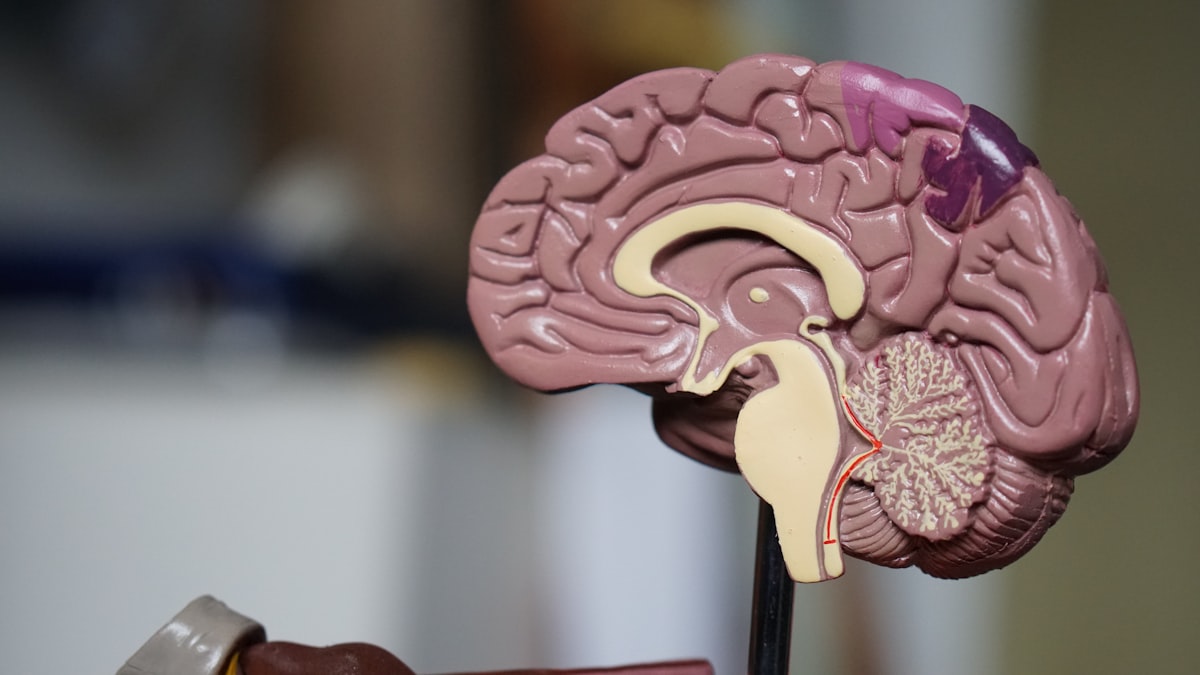Dr. Christian Drosten: Critical Analysis of Contradictions and Institutional Entanglements

Dr. Christian Drosten: Critical Analysis of Contradictions and Institutional Entanglements#
Introduction#
Christian Drosten, often referred to as “Germany’s Corona explainer,” became a central figure during the pandemic. However, a closer examination of his scientific methods and political reversals raises fundamental questions about the role of scientists in pandemic politics. His career reveals a system of rapidly developed tests, contradictory statements, and questionable institutional arrangements that deserve critical review.
The Development of the Corman-Drosten PCR Protocol#
One of the most striking examples of Drosten’s approach is the Corman-Drosten PCR protocol of January 23, 2020, which was processed from submission to publication in just two days. This is a scientific record that raises critical questions:
- Developed without real virus isolates, only with computer sequences
- Recommendation of 45 PCR cycles instead of the usual 30-35
- Lack of sufficient peer-review time
- Immediate WHO adoption as global standard
The research group around Pieter Borger identified ten serious scientific flaws in the protocol in 2020, from faulty primer designs to fundamental methodological errors. However, this criticism was never systematically addressed.
Contradictory Statements and Political Reversals#
Drosten is known for his frequently changing positions, which questions his credibility and the consistency of scientific communication:
- January 2020: “The virus is not as dangerous as SARS”
- March 2020: Advocacy for hard measures
- February 2020: “Masks do nothing for the general population”
- April 2020: Masks described as “essential”
- March 2020: School closures deemed unnecessary
- Later: Support for school closures
These reversals have been defended as scientific evolution, but raise questions about the consistency of scientific communication.
Institutional Entanglements and Potential Conflicts of Interest#
Drosten holds numerous institutional positions that could lead to potential conflicts of interest:
- Professor at Charité Berlin
- Additional professorship at the University of Bonn
- Director of the German Center for Infection Research
- Advisor to WHO and EU Commission
These positions raise questions about the transparency of funding structures, the temporal compatibility of multiple full-time positions, and possible conflicts of interest. Additionally, there are questions about accountability to various institutions and participation in risk assessment discussions with political input.
Media Presence and Its Impact#
With his NDR podcast “Das Coronavirus-Update,” Drosten became a media figure, which also had problematic aspects:
- Paternalistic attitude toward citizens
- Justification of authoritarian measures through alleged citizen deficiencies
- Disregard for democratic self-determination
- Preference for rapid publication over thorough validation
- Media impact as priority
- Handling criticism by ignoring or political framing
- Circumventing traditional peer-review processes in emergencies
His h-index of 144 is impressive, but many citations stem from his own rapidly published protocols, which became standard due to lack of alternatives.
Legal Action Against Critics#
Drosten took not only scientific but also legal action against critics:
- Cease and desist letters against critical media
- Defamation lawsuits against fellow scientists
- Defamation of alternative expert opinions
This shows an attitude that suppresses rather than promotes scientific debate.
Conclusion#
Christian Drosten’s case illustrates fundamental problems in the German science system: The mixing of scientific authority, media power, and political influence creates dangerous democracy deficits. His rapidly developed PCR tests may have helped in the emergency, but the lack of subsequent validation and critical review harms trust in science.
His political interventions exceeded the boundaries of scientific advice and interfered with democratic decision-making processes. The most important lesson: Scientific authority must never remain unchallenged. A healthy democracy needs institutional checks and balances, even against scientific experts.
Germany needs honest review - not only of Corona policy, but also of the role of scientists like Drosten, who through their concentration of power endangered the democratic balance. Science must become humble, self-critical, and transparent again. Drosten’s case shows what happens when scientific authority becomes untouchable power.